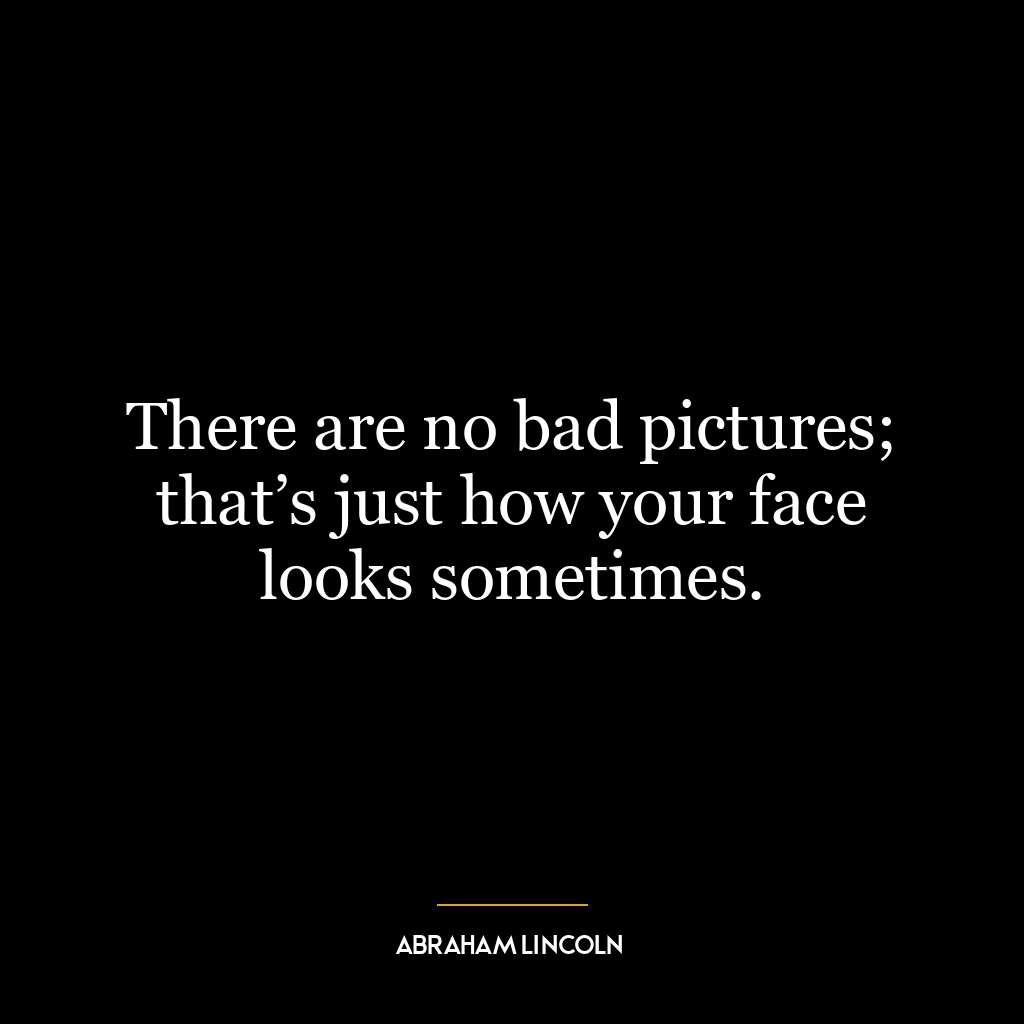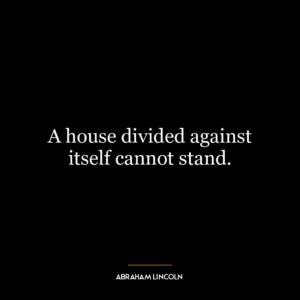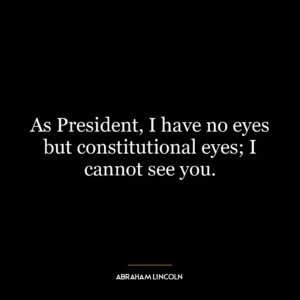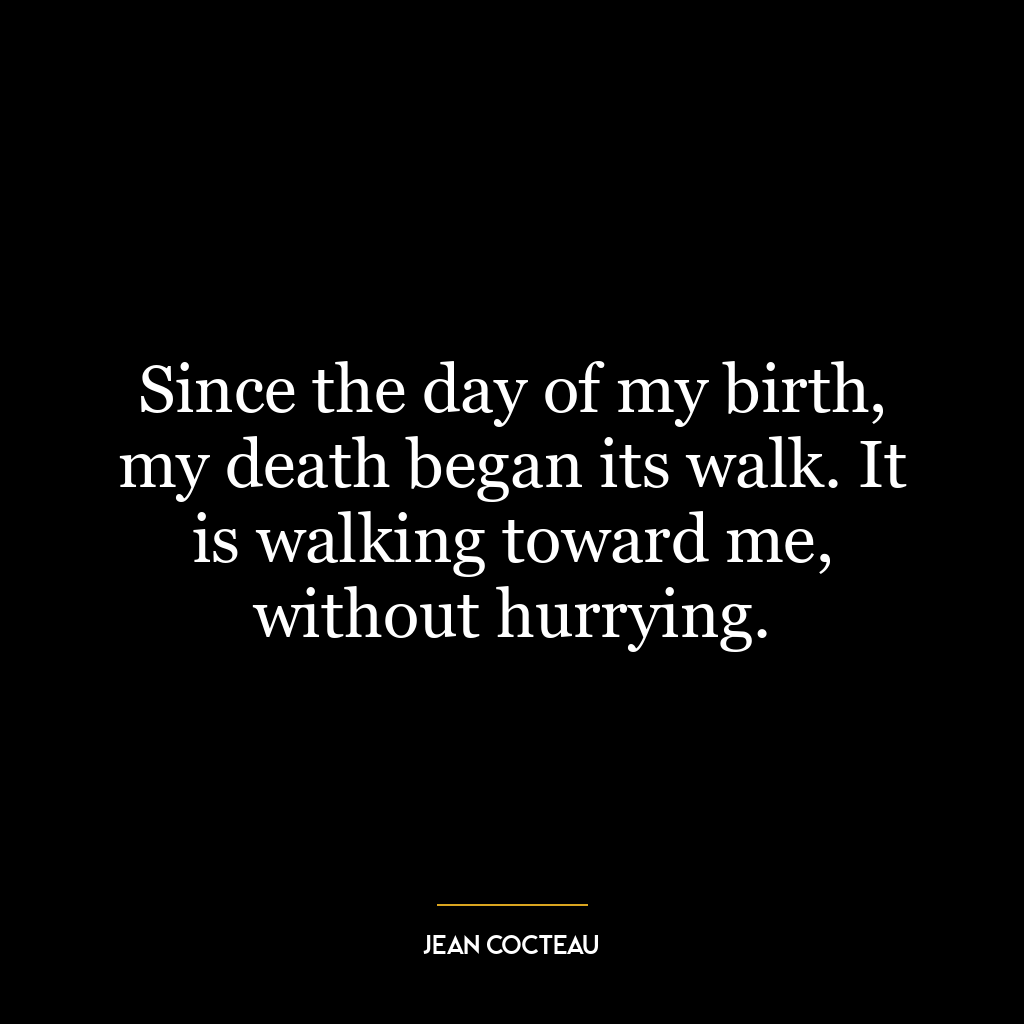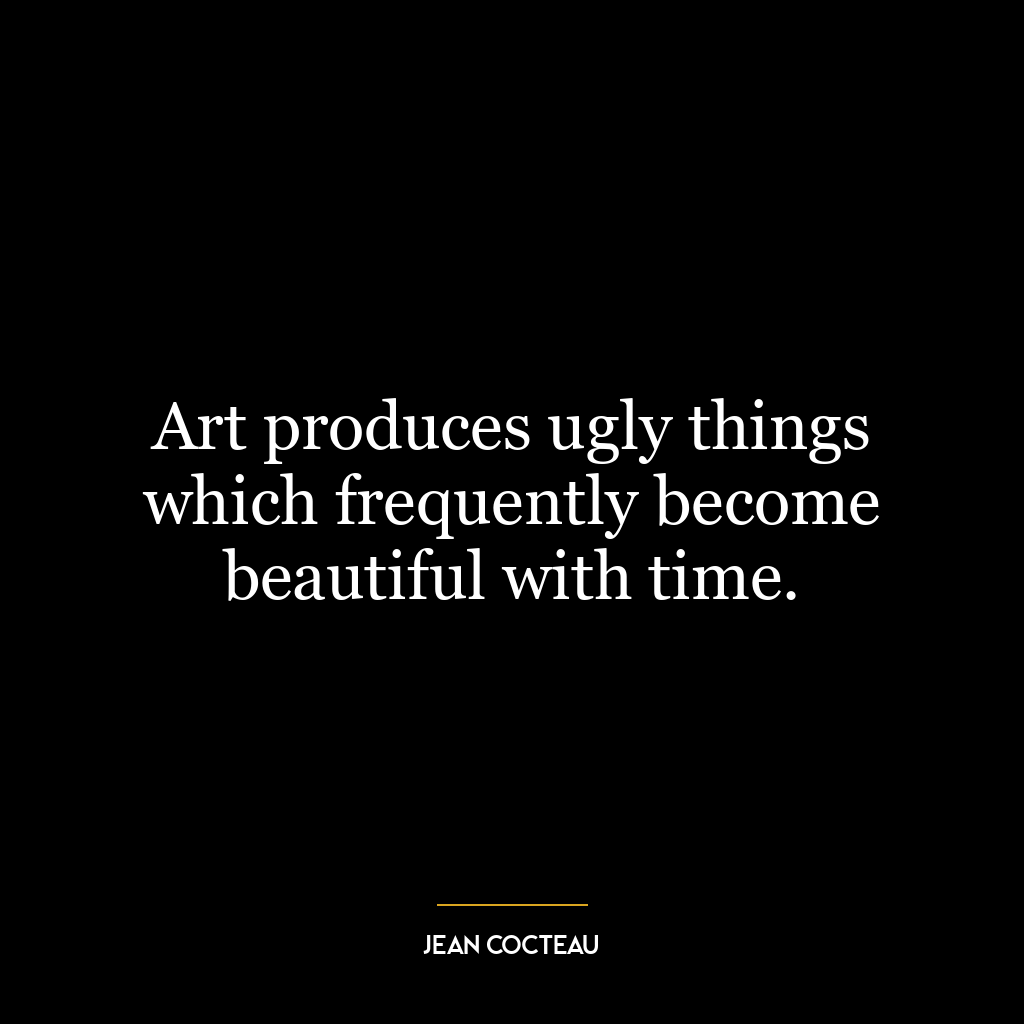There are no bad pictures; that’s just how your face looks sometimes.
This quote is a humorous yet profound reminder that our perception of ourselves can often be skewed, particularly in the era of digital photography and social media where we have the power to manipulate and curate our images to the world. The phrase “there are no bad pictures; that’s just how your face looks sometimes” suggests that what we may perceive as a ‘bad’ photo is simply a reflection of our natural selves at a particular moment.
In the context of personal development, this quote can be interpreted as an encouragement to accept ourselves as we are, flaws and all. It’s a reminder that our worth is not determined by our physical appearance or by how photogenic we may be. We all have moments where we don’t look our best, but these moments don’t define us. Instead of striving for perfection or being overly critical of our appearance, we should embrace the fact that we are all perfectly imperfect.
In today’s world, where we are constantly bombarded with images of ‘perfect’ faces and bodies, this quote is a refreshing perspective. It’s a call to resist the pressure to always look our best, to accept our imperfections, and to remember that our value lies in our character and actions, not in our appearance. This mindset can lead to improved self-esteem and a healthier relationship with our own self-image.
Moreover, it also points to the subjectivity of beauty. What one person may deem as a ‘bad’ picture, another may see as beautiful. It’s a reminder that beauty is in the eye of the beholder, and that we should not let others’ perceptions of us dictate how we see ourselves.
In essence, this quote encourages authenticity and self-acceptance, two qualities that are crucial in personal development and mental well-being in today’s image-obsessed society.

